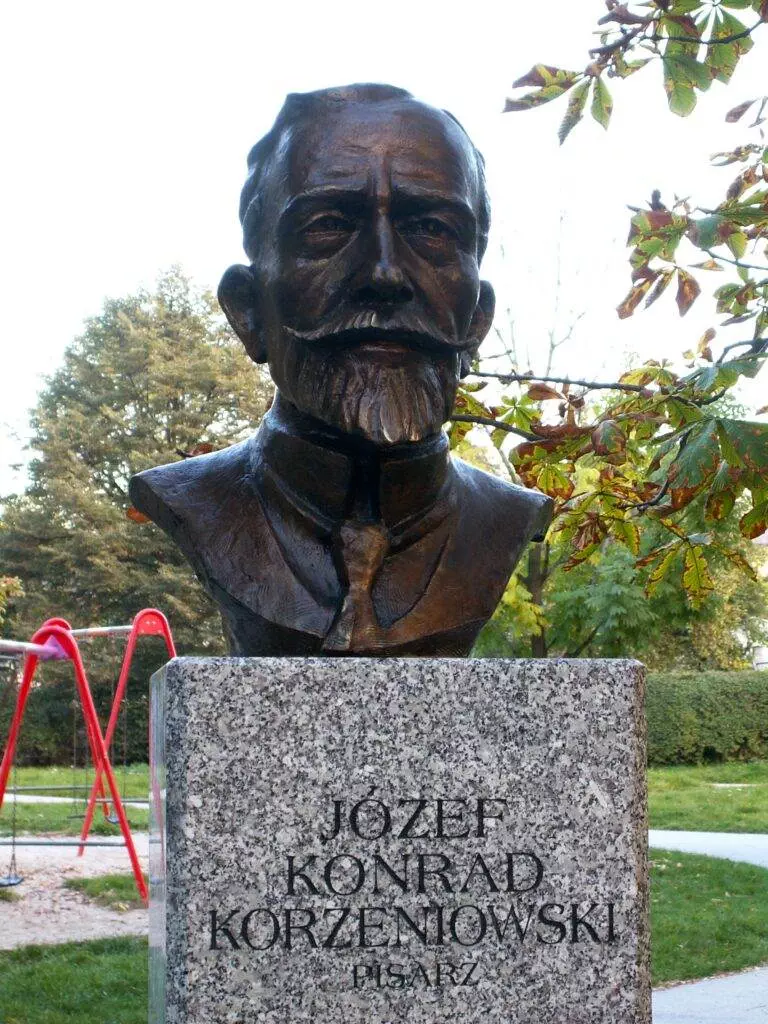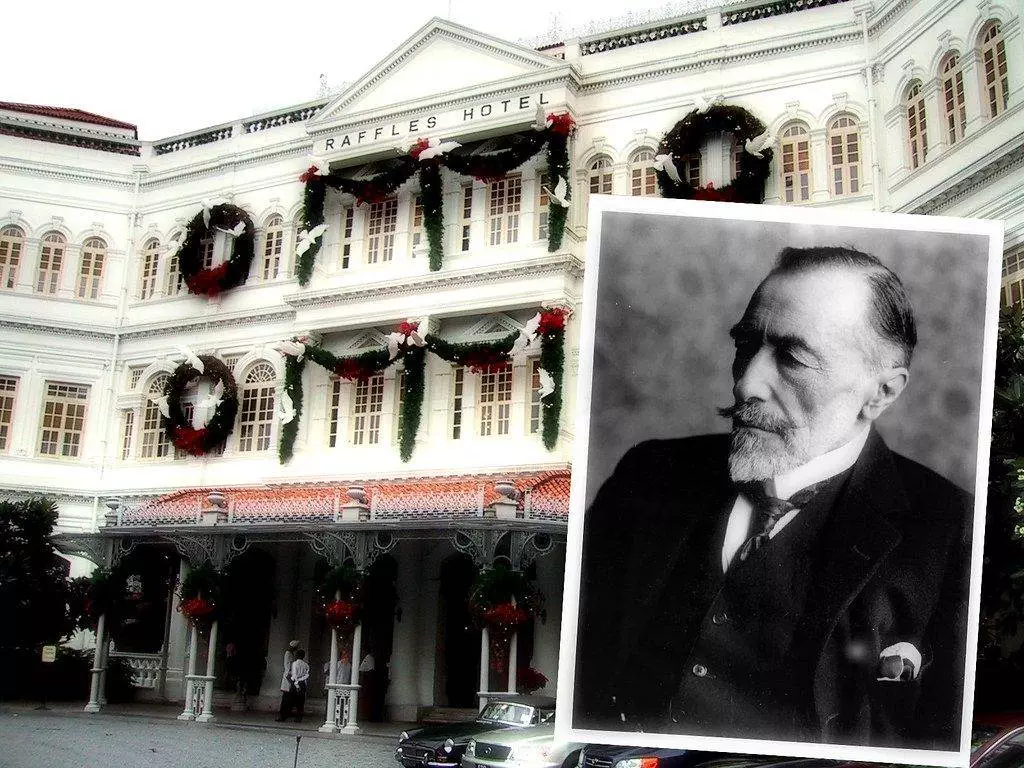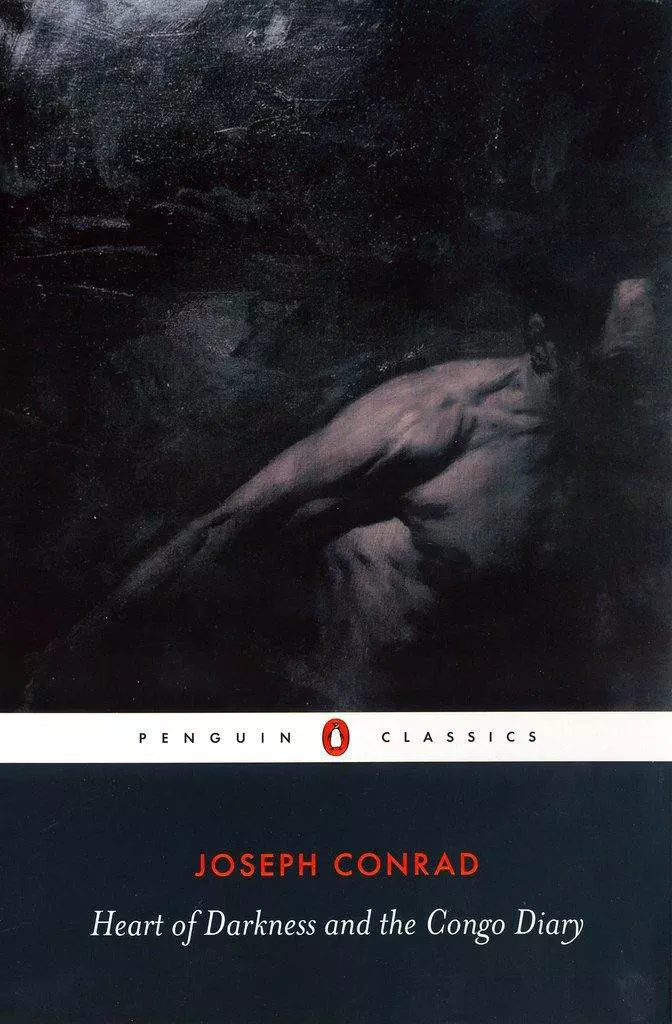Introduction
Joseph Conrad’s “Heart of Darkness” is a seminal work in the canon of English literature, renowned for its profound narrative and complex themes. Written at the end of the 19th century, the novel offers a critical exploration of colonialism, imperialism, and racism through the journey of its protagonist, Marlow, into the African Congo. The novel is not only a tale of adventure but also a deep commentary on the darkness within human nature and the brutal realities of European colonial endeavors. This blog aims to dissect these themes, providing a nuanced understanding for UGC NET aspirants and highlighting the importance of critical literary analysis.
Table of Contents
Colonialism and Its Representation in Heart of Darkness
Colonialism, as depicted in “Heart of Darkness,” is an oppressive system wherein European powers exert control over African territories and peoples. During Conrad’s time, European nations were driven by a desire for economic gain and geopolitical dominance, often justified by a sense of racial and cultural superiority. Conrad sets his narrative against this backdrop, offering a stark portrayal of the African continent as a land exploited for its resources and its people subjected to severe mistreatment.
In “Heart of Darkness,” the African landscape is depicted as an enigmatic and almost otherworldly place, symbolizing both the unknown and the feared. This portrayal is laden with imagery that reflects the Europeans’ view of Africa as a dark, mysterious, and uncivilized place, ripe for exploitation. Conrad uses the setting to underscore the themes of conquest and control, illustrating how colonialism seeks to dominate both land and people.

Critique of the Colonial Enterprise
Conrad’s critique of colonialism is primarily channeled through his characters, particularly Marlow and Kurtz. Marlow, the narrator, embarks on a journey that exposes him to the harsh realities of colonial rule. Through his eyes, readers witness the greed, brutality, and hypocrisy that underpin the colonial enterprise. Marlow’s observations and reflections serve as a vehicle for Conrad’s critical examination of the motives behind colonization, which are revealed to be far from the noble civilizing mission professed by its advocates.
Kurtz, on the other hand, embodies the corrupting influence of colonial power. Once an idealistic man with grand visions, Kurtz becomes consumed by his own ambition and the unrestrained authority he wields over the indigenous people. His descent into madness and tyranny epitomizes the destructive impact of colonialism on both the colonizer and the colonized. Conrad’s portrayal of Kurtz highlights the moral decay that results from unchecked power and exploitation.
Impact on the Indigenous Population
The novel provides a harrowing depiction of the suffering inflicted on the African natives. The indigenous people are shown as victims of extreme exploitation and dehumanization, reduced to mere tools in the colonial machine. Conrad uses vivid and often disturbing imagery to convey the brutality faced by the natives, from forced labor to violent punishment. This depiction serves to humanize the often-ignored victims of colonialism, challenging readers to confront the human cost of imperial ambitions.
Conrad’s use of symbolism and imagery further accentuates the plight of the indigenous population. The “darkness” in the novel is not just a physical attribute of the African jungle but also a metaphor for the moral and ethical void created by colonial exploitation. The imagery of chains, suffering bodies, and desolate landscapes underscores the inhumanity of the colonial project and its devastating impact on the lives of the native people.
Themes of Racism and Otherness
Racism is a pervasive theme in “Heart of Darkness,” intricately tied to the colonial mindset of the time. The novel portrays the racist attitudes of the European colonizers, who view the African natives as inferior and subhuman. This perspective is evident in the language used by the characters, who frequently refer to the natives in demeaning and dehumanizing terms. These racist attitudes are not only a reflection of the characters’ beliefs but also serve to highlight the pervasive nature of racism within the colonial enterprise.

Conrad presents the concept of ‘the Other’ through the dichotomy between the ‘civilized’ Europeans and the ‘savage’ Africans. This binary opposition underscores the cultural and racial prejudices that underpin colonialism. The Europeans’ sense of superiority is built on the devaluation and marginalization of the African natives, who are depicted as the antithesis of European civilization. However, Conrad’s narrative also complicates this simplistic division by revealing the darkness within the so-called civilized colonizers, suggesting that the true ‘savagery’ lies within the colonialists themselves.
Ambiguity in Conrad’s Stance
One of the most debated aspects of “Heart of Darkness” is the ambiguity of Conrad’s critique of colonialism. While the novel clearly condemns the brutality and inhumanity of the colonial project, some scholars argue that Conrad’s portrayal of Africa and its people is itself problematic and reflects the racist attitudes of his time. This ambiguity is evident in Conrad’s complex narrative style, which often leaves readers questioning his true stance on colonialism.
Conrad’s use of a frame narrative, where Marlow recounts his story to an unnamed narrator, adds to this complexity. The layers of narration create a distance between Conrad and the events described, making it difficult to ascertain his personal views. Some critics, like Chinua Achebe, have accused Conrad of being complicit in the racism he depicts, arguing that “Heart of Darkness” ultimately reinforces negative stereotypes about Africa and its people. Others, however, see the novel as a powerful indictment of colonialism, emphasizing its critique of the moral and psychological corruption it engenders.
Conclusion
“Heart of Darkness” remains a profoundly influential work for its critical exploration of colonialism, imperialism, and racism. Conrad’s nuanced portrayal of the colonial enterprise and its impact on both the colonizers and the colonized invites readers to reflect on the moral and ethical dimensions of imperialism. Despite the ongoing debate over Conrad’s own views, the novel’s powerful imagery and symbolic depth continue to resonate in contemporary discussions on colonialism and its legacy.
For UGC NET aspirants, “Heart of Darkness” offers a rich text for literary analysis and critical thinking. It challenges readers to grapple with complex themes and to consider the ways in which literature can both reflect and critique societal values. By engaging with Conrad’s work, students can develop a deeper understanding of the historical and cultural contexts that shape literary narratives, enhancing their analytical skills and their appreciation for the enduring relevance of classic literature.
References
- Achebe, Chinua. “An Image of Africa: Racism in Conrad’s ‘Heart of Darkness’.” Massachusetts Review, vol. 18, no. 4, 1977, pp. 782-794.
- Watts, Cedric. “‘A Bloody Racist’: About Achebe’s View of Conrad.” The Yearbook of English Studies, vol. 13, 1983, pp. 196-209.
- Hochschild, Adam. “King Leopold’s Ghost: A Story of Greed, Terror, and Heroism in Colonial Africa.” Houghton Mifflin Harcourt, 1998.
- Mangan, J.A. “The Cultural Bond: Sport, Empire, Society.” Frank Cass, 1992.
- Said, Edward. “Culture and Imperialism.” Vintage, 1993.



2 Comments
Pingback: Comprehensive Study Guide: The Old Man and the Sea by Ernest Hemingway - LitGram by MukeshRishit
Pingback: After Twenty Years by O. Henry | Comprehensive Analysis & Themes - LitGram by MukeshRishit